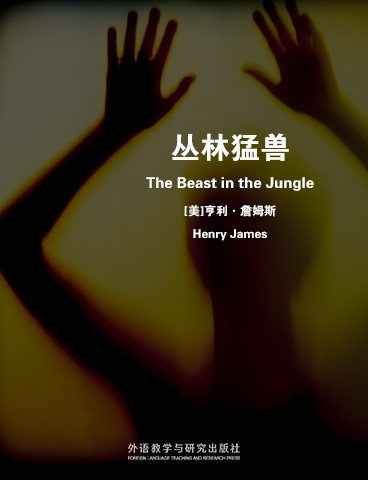《丛林猛兽》的内容与文风和早期的作品大不相同,题材和亨利·詹姆斯的著作《使节》有相同之处。在《丛林猛兽》中,男主人公虚度年华,在过多的考虑和权衡是非中错过了炽热、真挚的爱情。他力戒自我中心主义,但仍为自我中心主义所束缚。作者揭示了一个受过高等教育而富有情操的男子最终的虚弱与无能为力。
James placed "The Beast in the Jungle" at the head of volume 17 of the New York Edition (1907–1909) of his fiction, along with another insightful examination of life and death, "The Altar of the Dead." Critics have almost unanimously agreed with the author's own high opinion of the tale, with some going so far as to put the story among the best short narratives in any literature. Critics have appreciated James' flash of insight in conceiving "the man to whom nothing on earth was to have happened." They have also praised the tale's technique. Beginning in a neutral and rather diffident manner, the story builds to a climax of great power. Many critics have singled out the final paragraph for its intensity and rhetorical impact.
《丛林猛兽》的内容与文风和早期的作品大不相同,题材和亨利·詹姆斯的著作《使节》有相同之处。在《丛林猛兽》中,男主人公虚度年华,在过多的考虑和权衡是非中错过了炽热、真挚的爱情。他力戒自我中心主义,但仍为自我中心主义所束缚。作者揭示了一个受过高等教育而富有情操的男子最终的虚弱与无能为力。
The Beast in the Jungle is a 1903 novella by Henry James, first published as part of the collection, The Better Sort. Almost universally considered one of James' finest short narratives, this story treats appropriately universal themes: loneliness, fate, love and death. The parable of John Marcher and his peculiar destiny has spoken to many readers who have speculated on the worth and meaning of human life.
- CHAPTER I
- CHAPTER II
- CHAPTER III
- CHAPTER IV
- CHAPTER V
- CHAPTER VI
- 书评 写书评
- 笔记
-
书评加载中...














 京公网安备 11010802032529号
京公网安备 11010802032529号
笔记加载中...